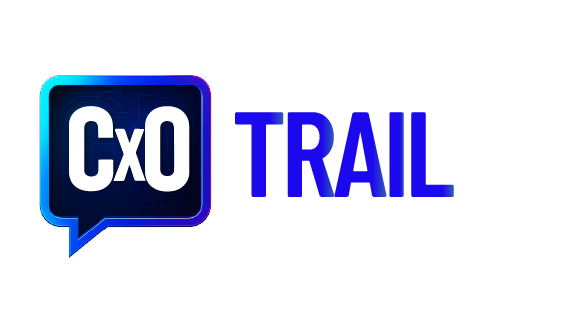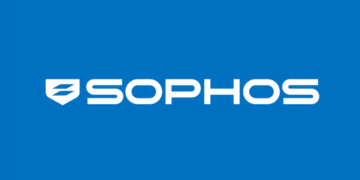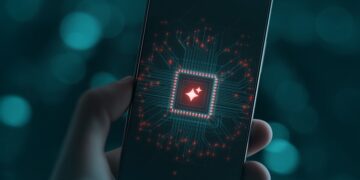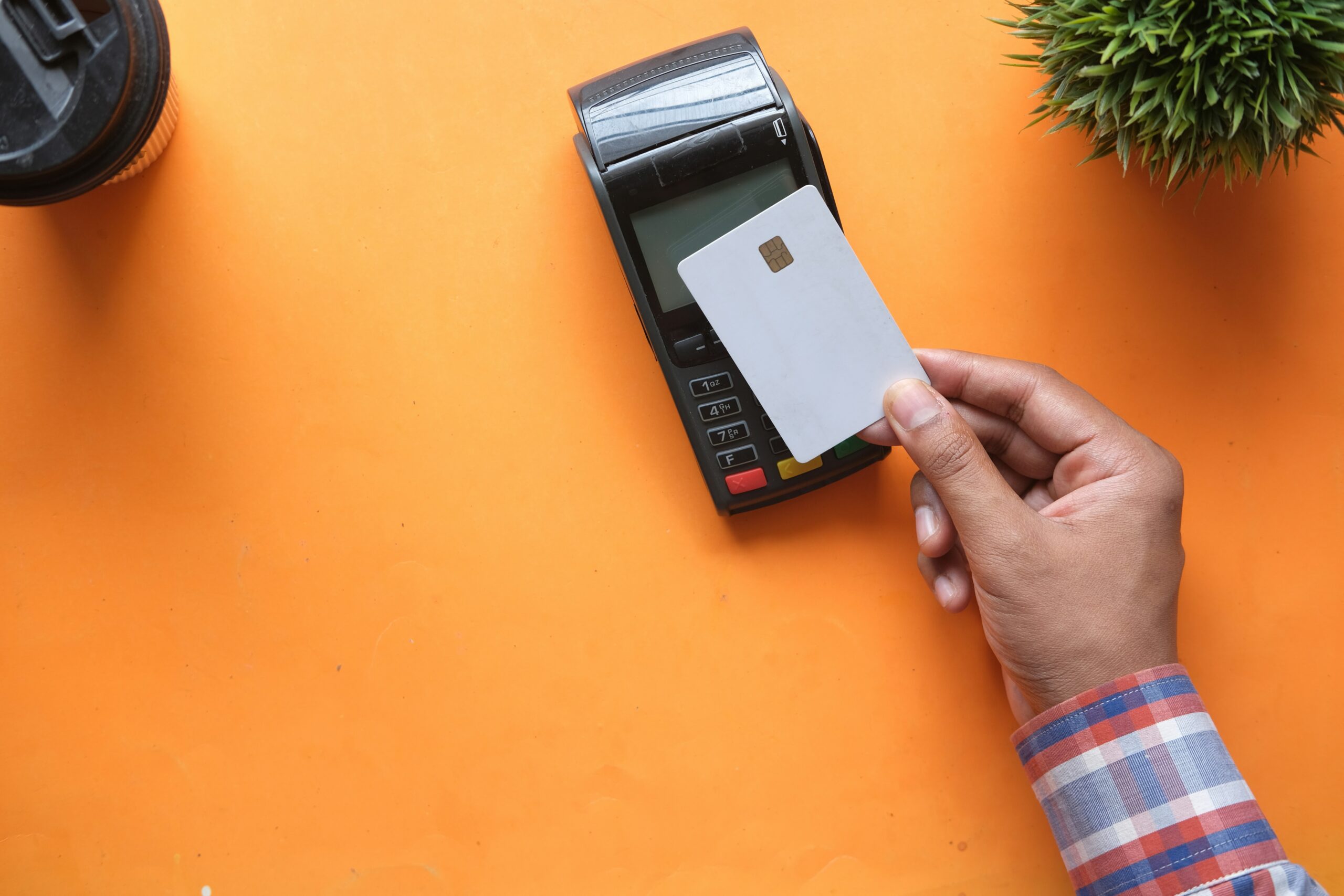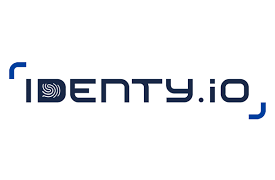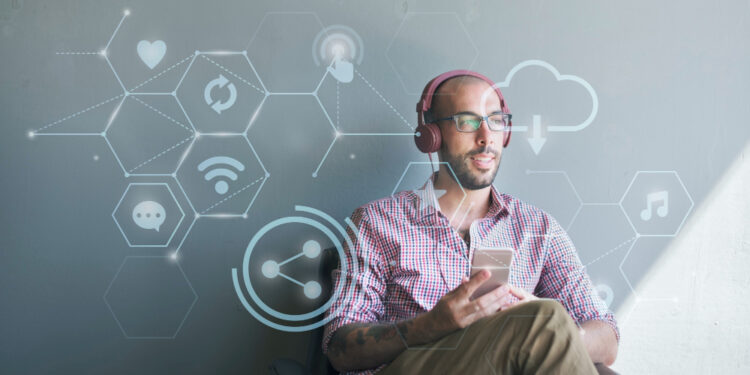The convenience of smart devices, from speakers and thermostats to security cameras and fitness trackers, has made them an indispensable part of our lives. But this seamless integration comes at a significant cost. These devices, designed to make our lives easier, are continuously collecting vast amounts of personal data, often without our full knowledge or consent, and can be vulnerable to malicious actors.

People may speak up against the government surveillance, yet not reflect on the amount of personal information that they are sharing with the applications and smart gadgets in their households. Careful records of our personal lives that are intimate and detailed enough to resemble a digital fingerprint of personal health and behavior are harvested by big tech companies and device vendors, more than any government agency or healthcare provider
- Intimate Health Data: Wearables, smart phones, and other devices collect data about physical condition of a person (heat rate, sleep patterns, physical activity) and mental health (through the speech speech and facial expressions analysis and tracking online activity). This data leaves us with a very specific trace of both physical and psychological condition, which is infinitely more in-depth than what an individual practitioner would be aware of.
- Behavioral Insights: Voice assistants collect information about their user and learn day by day, creating logs of the user behaviours including details about the logic of routines, relationships and even moods, inferred by the tone and language. On the same note, online platforms have the best and individualized algorithms to know about our interests and behaviors, including purchasing preferences and political affiliations, most of the times, better than it is known by us and even our friends and family.
These companies achieve such depth by aggregating data across all of our devices, apps, and digital environments. The insights generated are not just for improving products and personalizing services; they are also used for targeted advertising and can be shared with third parties or government entities, sometimes without our explicit knowledge. This raises significant privacy concerns because it operates largely without oversight, allowing tech companies to wield unprecedented insight into the intimate details of billions of lives.
Security Risks and International Espionage
A recent public debate has focused on data collection practices by popular social media and technology companies. Investigations have revealed that certain apps gather extensive user data, including location, contacts, and behavioral data, which raises concerns about data security and potential access by foreign governments. While these companies deny any unlawful access, governments worldwide have imposed stricter oversight measures to ensure sensitive user information is not compromised.
This issue extends to smartphone and IoT device manufacturers from various regions. Concerns have been raised about the risk of foreign governments accessing user data through backdoors or other surveillance mechanisms. This is particularly prominent in countries with different approaches to data privacy, especially authoritarian regimes that prioritize state control over individual privacy. These practices have led to heightened concerns over the potential misuse of devices for espionage or surveillance.
Governments are actively dealing with the security and privacy implications posed by IoT devices, particularly from vendors with potential ties to state surveillance. In response, several regulatory and legal actions are being carried out:
- Bans and Restrictions on High-Risk Vendors: Governments have taken action by banning specific foreign-made devices from critical infrastructure, government buildings, and other sensitive areas. This approach, while controversial, is seen as a necessary step to reduce the risk of espionage.
- Data Protection and Privacy Laws: Regulations like the European GDPR give individuals more control over their data. These laws require companies to provide clear consent options, disclose data usage, and allow users to manage the data collected by their devices. The new Cyber Resilience Act (CRA) in Europe further demands that manufacturers comply with strict privacy and security requirements for any connected device they want to sell in the European market.
- Device Security Standards: Several countries have introduced laws mandating minimum security standards for devices used by government agencies. These laws encourage basic security measures, such as banning default passwords, which reduces the risk of unauthorized access.
These regulatory frameworks are influenced by cultural values that prioritize individual freedoms and a deep-seated aversion to surveillance. This not only shapes local privacy standards but also impacts international relations and the global IoT market. Democracies are increasingly implementing policies to restrict foreign-made devices suspected of being vulnerable to government interference, reinforcing the broader geopolitical contest between open and closed data governance models.
